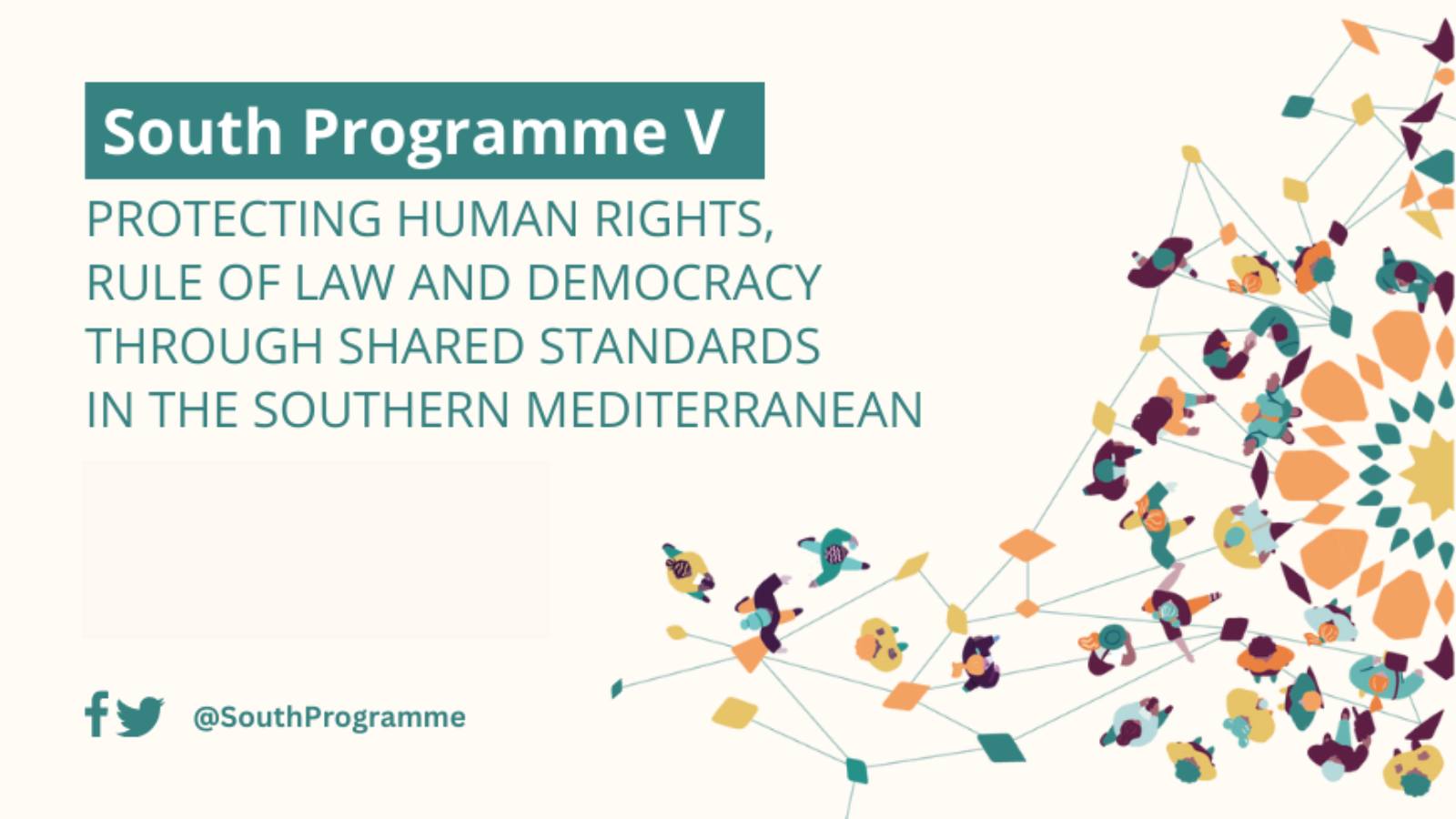In order to fill 2 (two) vacant positions, the Conference of INGOs (CINGO) of the Council of Europe is inviting candidates to apply to serve as Members of the Expert Council on NGO Law from October 2024 to October 2027.
The role of the Expert Council on NGO Law
Currently, the work of NGOs is impacted by various factors which shrink civic space and impede the collaboration between NGOs and public authorities in different sectors of public policies. The Conference of INGOs of the Council of Europe works relentlessly to support and reinforce the contribution of INGOs to the development of international standards. NGOs are unavoidable players in democratic societies. To accomplish their work, they need a supportive legal framework respecting their independence and international standards. The latter are in constant evolution thanks to the case law of the European Court of Human Rights and new recommendations elaborated by the Council of Europe.
In 2008, the Conference of INGOs created the Expert Council on NGO Law (Terms of Reference) to ensure the best possible articulation between Council of Europe norms and NGO Law. Through its opinions, the Expert Council advises the Conference of INGOs, NGOs and national authorities, while ensuring a democratic oversight when the national legal framework or legal regulations compromise the rights of NGOs.
About your role
If you have a legal background and knowledge of the NGO sector in one or several countries and wish to contribute to the creation of an enabling environment for NGOs throughout Europe, by examining national legislation relating to NGOs and its implementation, and by promoting the respect of Council of Europe norms and good practice in this area; if you wish to work with eminent experts specialised in human rights, democracy and the rule of law, the Expert Council is the place for you.
Candidate Requirements
The mandate of the Expert Council (Terms of Reference) requires that the members possess some or all of the following qualifications:
- Knowledge of NGO law (legislation and regulatory fields), and also other legal subjects (fiscal law, for example), administrative and judiciary practice which influence the status and functioning of NGOs as well as human rights.
- Experience in the NGO sector, at national and international level, including experience in the management of NGOs and the NGO networks.
- Knowledge of European norms and good practice in the field of Human Rights and Rule of Law
- Competences to draft a legal opinion or an analysis of the legal framework
- Good knowledge of oral and written English and possibly other European languages.
Responsibilities and expectations
The members of the Expert Council shall contribute actively to its work as specified in its Terms of Reference and will be required to:
- Contribute energy, ideas and time in support of the Expert Council and the Conference of INGOs
- Participate in the Expert Council meetings (approximately twice a year). Members must also invest preparation time prior to each meeting.
- Contribute to/draft reports/studies/legal opinions
- Flag issues related to the mandate of the Expert Council that require action by the Expert Council or the Conference of INGOs
- Advise the President of the Conference of INGOs on communiqués and letters to national authorities on matters relating to NGO legislation
- Participate, if required, in at least a country visit of the President of the Conference of INGOs and contribute to the writing of a report.
Financial aspects
Travel and subsistence expenses of members and small fees for certain studies/legal opinions shall be borne by the Council of Europe, within the limits of budgetary appropriations to the Expert Council and according to Council of Europe regulations.
Mandate
The mandate of the two experts to be selected is three years. It will start in October 2024 and will end in October 2027.
How to apply - Deadline: 21 June 2024
If you meet the conditions above, please apply by sending an email with the following documents to lusine.sahakyan[symbol]coe.int (replace “symbol” with the arrowbase) before 21 June 2024 midnight:
- a cover letter
- a detailed curriculum vitae
- optional: letter of recommendation or any additional documents which can help us to assess your competencies
By submitting an application, candidates confirm that they have not been the subject of a judgment that has the force of res judicata for fraud, corruption, involvement in a criminal organisation or any other illegal activity detrimental to the work of the Conference of INGOs.




